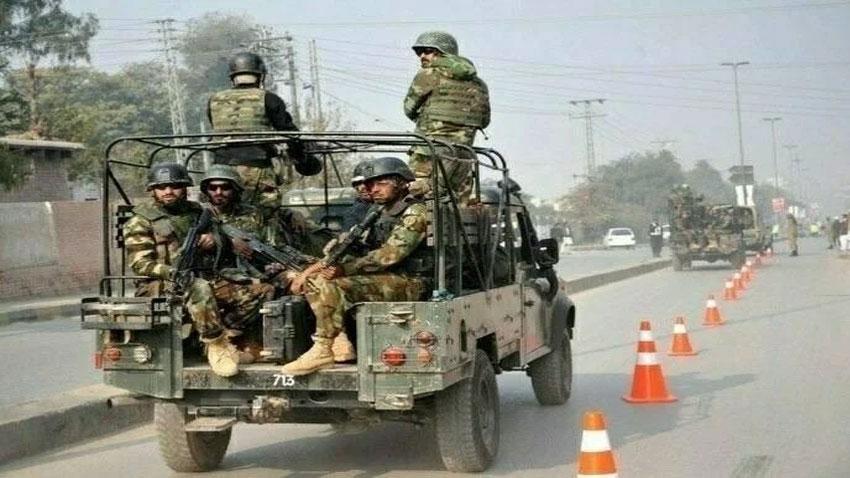Country's decision making to slow down if whole cabinet held accountable for joint actions, CJP observes
The top judge hears the petition of PTI chief Imran Khan against recent amendments to the NAB laws


Islamabad: To hold the entire cabinet or committee responsible for the decisions taken collectively would slow down the country’s decision making process, Chief Justice of Pakistan (CJP) Umar Ata Bandial observed Wednesday.
The observation came during the hearing of petition filed by former prime minister Imran Khan’s petition against the recent amendments to the National Accountability Bureau (NAB) ordinance.
A three-member bench, comprising the chief justice himself, Justice Mansoor Ali Shah and Justice Ijazul Ahsan, heard PTI lawyer Khwaja Haris’ arguments on Imran’s plea, which claims the new NAB laws “are a violation of fundamental rights”.
Haris, at the beginning of the hearing, pointed out as part of NAB amendments, the decision of the federal cabinet and working development parties had been excluded from the jurisdiction of accountability watchdog.
“The new laws are also a violation of the international conventions of anti-corruption,” he maintained.
Justice Bandial remarked that important decisions in the country are taken jointly by the federal cabinet and committees, and if all its members were to be deemed accused, “who would take the decisions then?”
“If the parliament starts doing everything, the decision-making process will slow down,” he said.
The CJP questioned the history of NAB law’s application, recalling that cases pertaining to LNG (liquified natural gas) contracts were lodged without proper examination of the facts. “Such contracts are prepared on the government level.”
The top judge said several bureaucrats were made to serve jail time only to be later acquitted in the reference, adding that “sometimes things are not under the control of the bureaucracy”.
Commenting over cases involving assets beyond means, he said such cases were considered a crime across the world. “We will review the NAB amendments in the context of international standards and local laws,” Justice Bandial observed.
Justice Shah inquired if those who managed to come out scot-free from the NAB laws could be punished under any other law.
The PTI lawyer replied that there is no other law for misuse of power, saying after the new amendments, it had become impossible to prove corruption of more than Rs500 million.

What could’ve been Google’s worst year turned into one of its best
- 8 hours ago

What does Trump’s AI czar want?
- a day ago
Thai border clashes displace over half a million in Cambodia
- 2 days ago

Billionaire Jared Isaacman confirmed as new head of NASA
- 8 hours ago

Larry Ellison’s big dumb gift to his large adult son
- a day ago
Third ‘Avatar’ film lights up global box offices
- 2 days ago

The Epstein files release did nothing to clear up the scandal’s biggest question
- 6 hours ago

The best games to play on Xbox Game Pass in 2025
- 8 hours ago

In 2025, wearables made a hard pivot to AI
- 8 hours ago
Only state can declare jihad in Islamic country, says COAS Syed Asim Munir
- 2 days ago

Nine terrorists neutralised in two KP IBOs: ISPR
- 2 days ago
Formula 1 car launches: 2026 dates, schedule ahead of preseason testing, new regulations
- 7 hours ago




